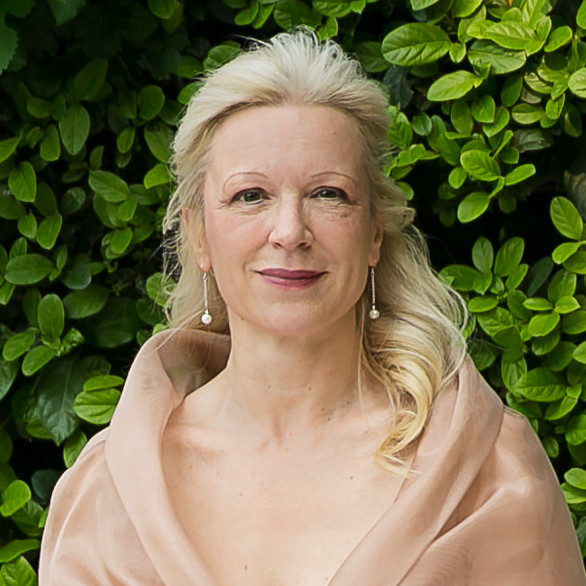An interview with the artist Hassan Khan, Cairo – written for and published by Local Folk, Athens
‘Cairo is a dense intense megalopolis where things have to occur even if they do not i.e. the city’s size and impetus means that some kind of proposition is always being put forward, even if it is not necessarily framed or recognised as such – a look or a glance or a way of speaking – the way vernacular architecture and design sprout out – the way aggression is sublimated- are all propositions, ideas, these become latent radical postures which are not necessarily self-conscious.’
‘Expression is always contained within the discourse that provides it with its context- saying expression is free somewhere and not somewhere else is in my opinion a fallacy; we function within different contexts that inform what is expressed and how it is received which is just part of the specificity of that context. I do not necessarily want to function under the paradigm of ‘freedom’ or the ‘metaphor of liberation’- I prefer to see myself working in a constant process of negotiation… Art or the space of Art functions as a highly ambiguous area where certain ideas and forms are being put forth. The intellectual atmosphere in Cairo is (and this has both positive and negative sides to it) highly charged and politicized… a long tradition of interpretation has placed a premium on meaning (in a limited form) and therefore has invested in an atmosphere of paranoia and general national insecurity. Accusations fly against anything that seems to not fit within a certain norm. On the other hand work is taken seriously (if even as a threat), content is dealt with as intentional and laden with meaning. It is a context where positive engagements can take place but it is also a space that can be both frustrating and demanding.’
‘The Cairene street is a highly charged place where the city manifests its tensions on a daily basis, it’s powerful, intimidating, exhilarating and tedious all at the same time. The music that for me most represents that street is Shaabi music, a genre that appeared as an independent entity in the 70s as a form of urban music –this is a music that possesses a nominal relation to earlier traditional folk forms but bastardizes them with all sorts of attitude.. although singers and musicians within this genre serve specific social functions like entertaining in street weddings or singing in nightclubs, their form continuously develops by sucking in different influences (that could be historical, external etc..) and reflects upon specific social phenomena.’
